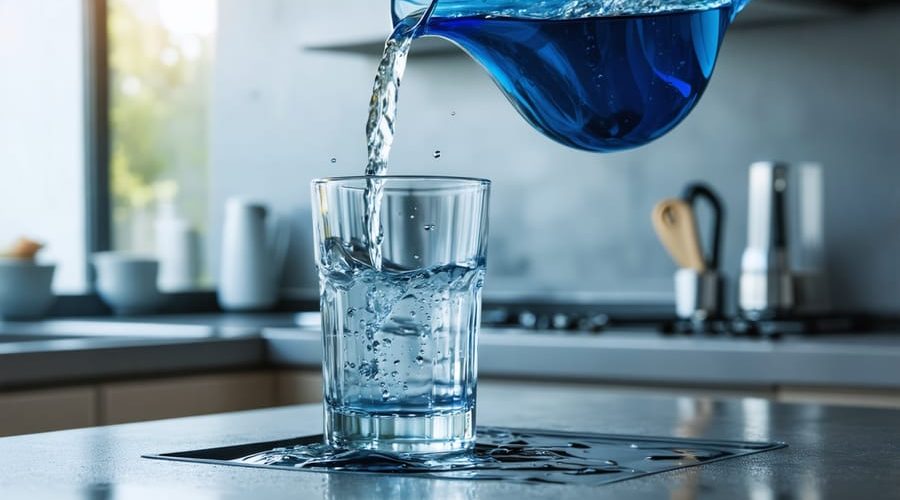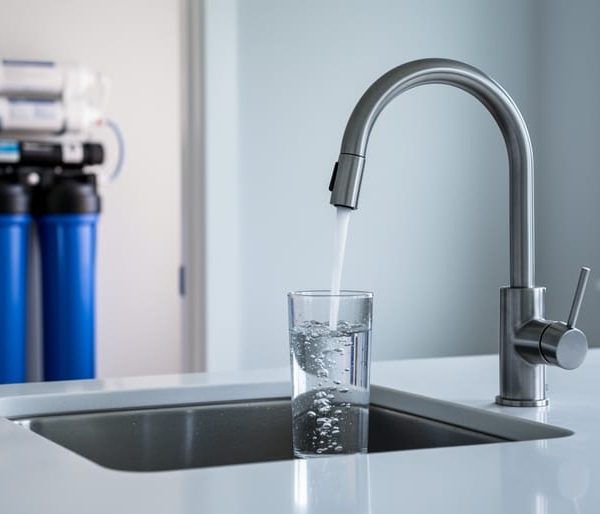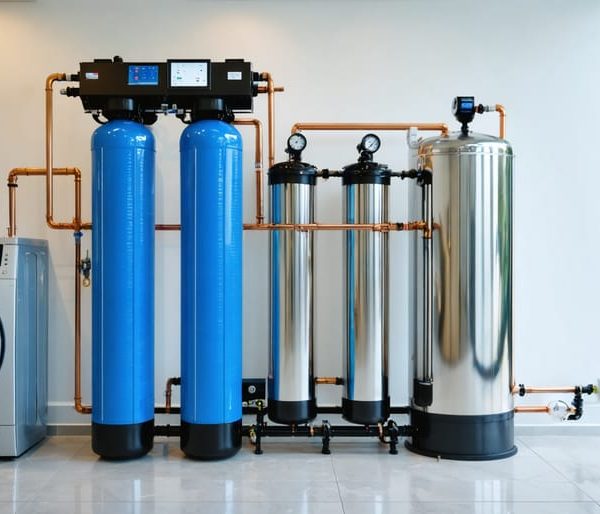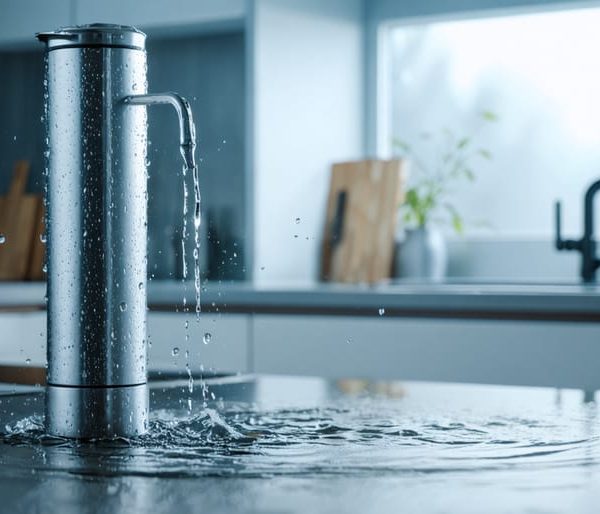As concerns about smart water’s impact on kidney health continue to grow, understanding the science behind this enhanced beverage becomes crucial for informed consumption. Smart water, enriched with electrolytes and minerals through vapor distillation, has sparked debate among health professionals regarding its long-term effects on renal function. While marketed as a premium hydration solution, the added electrolytes and altered pH levels raise important questions about kidney strain, particularly for individuals with existing renal conditions.
Research suggests that most healthy individuals can safely consume smart water as part of a balanced hydration routine. However, the concentrated mineral content and electrolyte balance require careful consideration, especially for those with kidney sensitivities or medical conditions affecting mineral metabolism. The key lies in understanding how these enhanced water products interact with your body’s natural filtration systems and whether the benefits outweigh potential risks for your specific health situation.
This comprehensive analysis explores the relationship between smart water consumption and kidney health, examining scientific evidence and expert recommendations to help you make informed decisions about your hydration choices.
Understanding Smart Water Filtration Systems
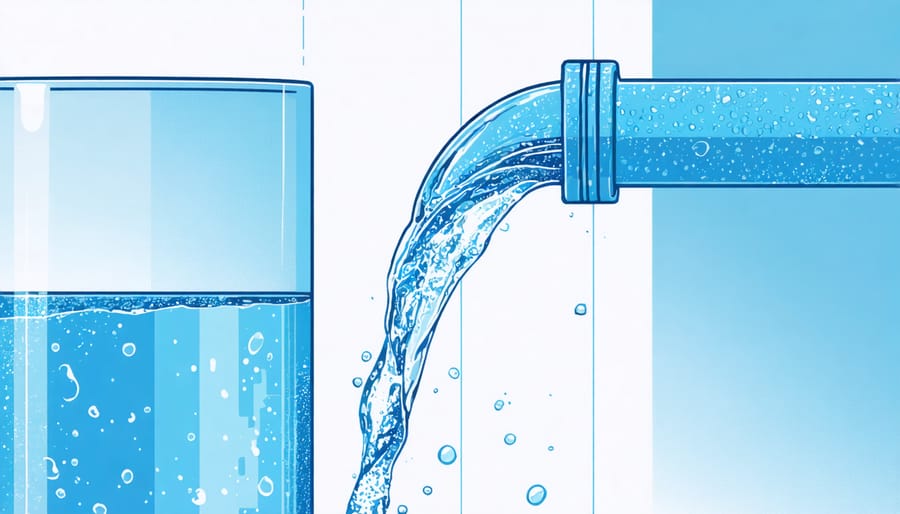
What Makes Water ‘Smart’?
Smart water refers to water that has been enhanced with electrolytes and minerals through a specialized filtration and enhancement process. Unlike regular filtered water from whole house water filtration systems, smart water undergoes electrolysis to separate and purify water molecules before being infused with specific minerals.
The key components that make water “smart” are electrolytes like potassium, calcium, and magnesium. These minerals are carefully balanced to mirror the body’s natural electrolyte levels. The enhancement process typically involves vapor distillation, followed by the addition of these essential minerals in precise amounts.
The term “smart” comes from the controlled, scientific approach to mineral enhancement. Unlike naturally occurring mineral water, smart water’s mineral content is deliberately engineered to provide optimal hydration benefits. The pH level is also adjusted to be slightly alkaline, typically around 7.4-7.8, which manufacturers claim helps maintain proper body chemistry.
This enhanced water is designed to support hydration and mineral balance, though it’s important to note that a balanced diet typically provides all necessary electrolytes for most people.
Common Minerals in Smart-Filtered Water
Smart-filtered water typically contains a balanced mix of essential minerals that support bodily functions. Common minerals include calcium (10-20 mg/L), magnesium (2-5 mg/L), and potassium (1-3 mg/L). While these concentrations may vary depending on the specific reverse osmosis filtration system used, they’re generally maintained at levels that complement natural mineral intake through diet.
The filtration process also ensures the presence of beneficial electrolytes like sodium (5-10 mg/L) and chloride (10-15 mg/L), which help maintain proper hydration. Unlike traditional filtered water, smart-filtered water often includes trace minerals like zinc and selenium in carefully controlled amounts, typically less than 1 mg/L. These mineral concentrations are designed to support optimal hydration without overwhelming the kidneys’ natural filtration capabilities.
Smart Water and Kidney Function

Mineral Balance and Kidney Health
The relationship between minerals in water and kidney health is complex but important to understand. Smart water contains added electrolytes like magnesium, potassium, and calcium, which play crucial roles in maintaining proper kidney function. However, the mineral balance in smart water isn’t always ideal for everyone.
For people with healthy kidneys, the mineral content in smart water is generally safe and may even be beneficial. Your kidneys naturally regulate mineral levels in your body, filtering excess minerals and maintaining proper balance. However, individuals with kidney disease or those on certain medications may need to be more cautious about their mineral intake.
The electrolyte enhancement in smart water is relatively modest compared to regular mineral water or sports drinks. Still, it’s important to note that your body primarily obtains necessary minerals through a balanced diet rather than water alone. The kidneys are highly efficient at maintaining mineral homeostasis when functioning properly.
If you have specific kidney concerns, it’s worth considering that regular filtered tap water might be a more suitable choice. It typically contains naturally occurring minerals in balanced amounts that your body is accustomed to processing. Always consult with your healthcare provider about your water choices, especially if you have existing kidney conditions or are taking medications that affect mineral absorption.
Remember that hydration itself is crucial for kidney health, regardless of water type. The most important factor is drinking enough water throughout the day to support proper kidney function.
pH Levels and Kidney Strain
When it comes to smart water and kidney health, pH levels play a crucial role. Most smart water brands maintain a pH between 7 and 8.5, which is considered neutral to slightly alkaline. While this range is generally safe for consumption, there’s ongoing debate about whether artificially altered pH levels in water might affect kidney function over time.
Our kidneys naturally regulate the body’s pH balance, working tirelessly to maintain optimal levels between 7.35 and 7.45. When we consume water with significantly different pH levels, our kidneys must work harder to maintain this delicate balance. While healthy kidneys can typically handle these adjustments without issue, people with existing kidney conditions might need to be more cautious.
Some smart water brands add electrolytes and minerals that can affect pH levels. While these additions may offer benefits for some consumers, particularly athletes or those engaging in intense physical activity, they’re not necessarily advantageous for everyone. People with kidney disease or those on specific medications should consult their healthcare provider about consuming pH-modified water.
It’s worth noting that natural spring water typically has a pH between 6.5 and 8.5, which our bodies have evolved to process efficiently. The key is moderation – even if you choose to drink smart water, varying your water sources and staying within recommended daily intake levels can help prevent any potential strain on your kidneys.
Safety Considerations and Recommendations
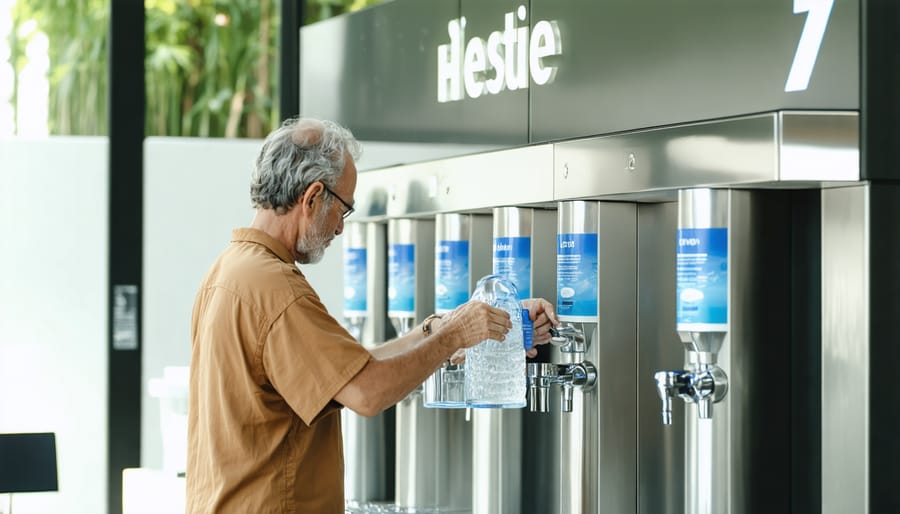
Optimal Mineral Levels
When it comes to mineral content in filtered water, balance is key for maintaining optimal kidney health. While minerals are essential for bodily functions, excessive amounts can strain your kidneys. The ideal mineral levels vary depending on individual health needs, but general guidelines suggest maintaining calcium levels between 20-30 mg/L and magnesium between 10-20 mg/L in drinking water.
Modern home water filtration solutions can help achieve these optimal levels. However, it’s important to regularly test and maintain your filtration system to ensure it’s properly calibrating mineral content. The World Health Organization recommends total dissolved solids (TDS) levels between 100-300 mg/L for drinking water.
For those concerned about mineral intake, consider these healthy ranges:
– Sodium: 20-170 mg/L
– Potassium: 8-12 mg/L
– Bicarbonate: 100-200 mg/L
Remember that mineral needs can vary based on factors like climate, diet, and physical activity. Consulting with a healthcare provider can help determine the ideal mineral content for your specific situation. Regular water quality testing and filter maintenance ensure your system continues to provide appropriately mineralized water that supports kidney health.
Who Should Exercise Caution?
While smart water is generally safe for most people, certain individuals should exercise extra caution when consuming it. Those with existing kidney conditions, particularly chronic kidney disease (CKD), should consult their healthcare provider before making smart water a regular part of their diet. The electrolyte content in smart water might need to be carefully monitored for these individuals.
People on dialysis or those with electrolyte imbalances need to be especially mindful of their mineral intake. Smart water contains added minerals like potassium and magnesium, which could potentially interfere with carefully managed electrolyte levels in kidney patients.
Individuals taking certain medications, particularly those that affect kidney function or mineral balance, should also seek medical advice. This includes people on diuretics or blood pressure medications, as the added electrolytes might interact with their treatment plan.
Pregnant women and those with heart conditions should also discuss smart water consumption with their healthcare providers, as changes in electrolyte balance can affect multiple body systems. Additionally, anyone who has experienced kidney stones might want to evaluate their mineral intake, including that from enhanced water products.
Remember that individual health needs vary, and what works for one person may not be suitable for another. When in doubt, always consult with a healthcare professional about your specific situation.
After examining the relationship between smart water and kidney health, we can conclude that smart water, when consumed as part of a balanced diet, is generally safe for most people’s kidneys. The added electrolytes and minerals in smart water can be beneficial for hydration, particularly during intense physical activity or in hot weather. However, it’s important to remember that these enhanced water products shouldn’t be your exclusive source of hydration.
For optimal kidney health, the best approach is to maintain a diverse hydration strategy. Regular filtered tap water should form the foundation of your daily fluid intake, with smart water serving as an occasional supplement when additional electrolytes are needed. Those with existing kidney conditions, taking certain medications, or following restricted diets should consult their healthcare provider before making smart water a regular part of their routine.
Keep in mind that the most important factor for kidney health is staying consistently hydrated throughout the day, regardless of water type. The benefits of smart water’s added minerals are modest compared to the fundamental importance of adequate hydration and a balanced diet.
For environmentally conscious consumers, consider the environmental impact of bottled smart water and explore more sustainable alternatives, such as home filtration systems with mineral additions or natural sources of electrolytes through a healthy diet. This approach benefits both your health and the planet while maintaining optimal kidney function.
